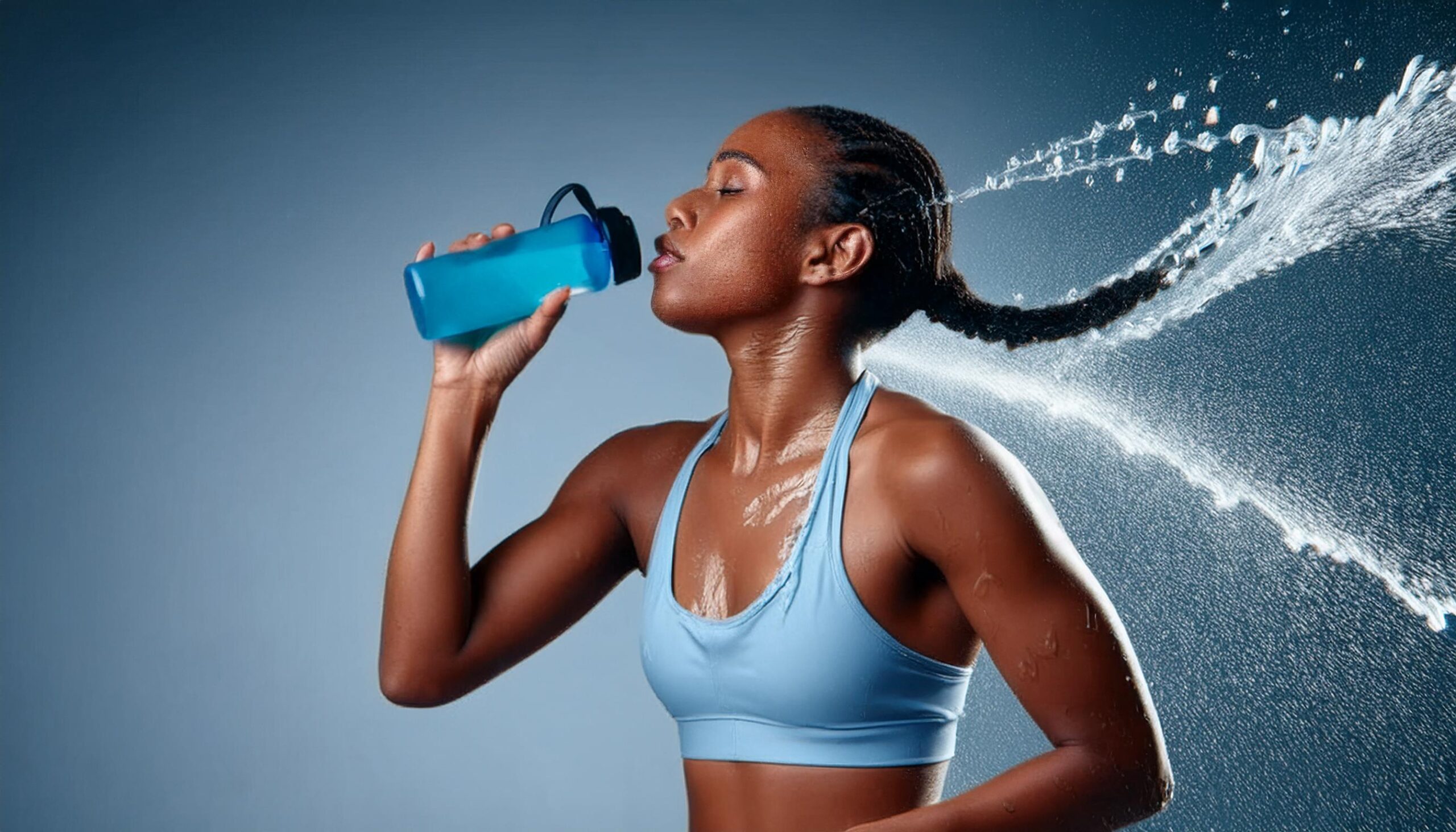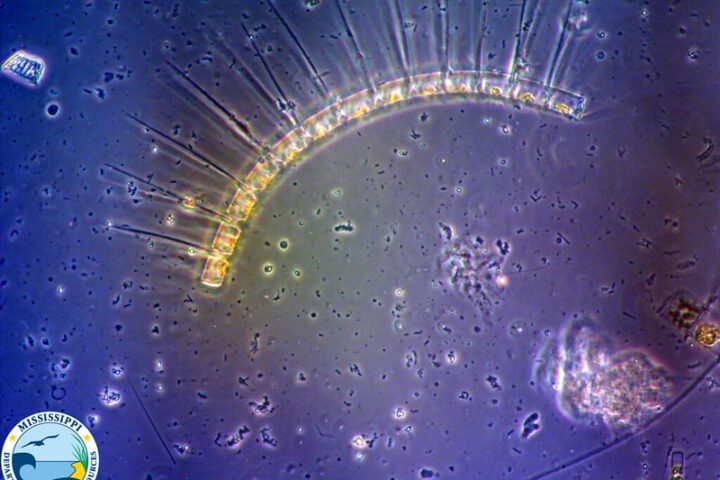Source: Firefly- The Flow of Hydration_A dynamic image depicting a person engaged in a physical activity.
Introduction
Water is popularly termed the elixir of life, and rightly so. It forms a major constituent of every living cell and mediates a number of functions within the body. While the human body can survive without food for weeks, without water, survival is mostly confined to a few days. In essence, the article discusses the importance of water to human health by looking into the different ways through which the body utilizes water, the risks from dehydration, and some practical tips to ensure hydration.
Major Functionality of Water in the Body
Water forms a large quantity of the human body, which is about 60% of the weight of an adult. Liquid plays a major role in the body in the following ways:
- Hydration of cells: Water helps the cells to be well hydrated, hence enabling them to function effectively.
- Nutrient transportation: It acts as a solvent where it aids in moving nutrients across the body.
- Waste removal: Water flushes waste products through the kidneys and intestines. Temperature regulation: Water in sweat allows the temperature of the body to be reduced. Joint health: Water keeps the joints lubricated, reducing friction and limiting the wear and tear. Brain activity: The brain is responsive to a lack of water; even mild dehydration can lead to problems concentrating. Risks of Dehydration
When more water leaves the body than is taken in, it becomes dehydrated. Dehydration can be due to various reasons such as excessive sweating, diarrhea, vomiting, and lack of sufficient liquid intake. Even mild dehydration has such horrific consequences, while severe can cost one’s life.
Common symptoms related to dehydration include:
- Thirst
- Dry mouth
- Fatigue
- Dizziness
- Headache
- Low urine output
- Constipation
- Muscle cramps
- Rapid heartbeat
- Low blood pressure
If left untreated, dehydration can cause serious complications such as:
- Kidney stones
- Heatstroke
- Seizures
- Coma
- Death
How Much Water Should You Drink?
The requirement of water for an individual will vary with variables such as age, activity level, climate, and health status. In any case, the general rough estimate would be eight glasses of water, 64 ounces per day. It is essential to develop a sense of listening to your body and drink if you feel thirsty. Lastly, active individuals can derive part of their day-to-day fluid intake from sources other than plain water, including fruits, vegetables, and drinks such as tea and coffee.
Tips to Always Keep You Hydrated

Source: Firefly Cellular Hydration A microscopic view showcasing a single human cell.
Below are some true and sure tips that will help you in your everyday hydration.
- Carry a water bottle: You should always have a refillable water bottle with you and keep refilling it.
- Remind yourself: Set reminders on your phone or other devices at certain intervals for you to drink water.
- Add flavour: If plain water is too dull, add a slice of lemon, lime or cucumber or a splash of fruit juice.
- Incorporate hydrating foods: Sucking on fruits and vegetables with high water content, such as watermelon, cucumber and celery, adds to your overall hydration.
- Sip in moderation: Limit sugary drinks to no more than one or two servings a day.
- Pay attention to alcohol: It is a diuretic, so it may cause you to urinate more, thus dehydrating you.
- Follow the color of your urine: If it’s pale yellow then you are properly hydrated. Darker urine may mean you’re not hydrated enough.
Water and Sports Performance
Water is highly essential for athletes and those people who undergo rigorous physical activities. Dehydration diminishes athletic performance, lowers endurance levels, and elevates the chances of injury. It is important to be well-hydrated before, during, and after exercises.
Water and Skin Health
Healthy skin depends largely on the proper hydration of the body. If you become dehydrated your skin becomes dry and flaky and wrinkles can develop more quickly. Good hydration keeps skin resilient and elastic.
Water and Weight Control
This, some believe, helps them to lose more weight; the science doesn’t back up the claim. In any case, proper hydration would reduce cravings and give a general boost to health, which might help indirectly with weight management.
Fluid Balance System of the Body
The human body is an elaborately designed system that works, more or less unceasingly, to maintain this very delicate system of fluids. The balance depends mainly upon the hypothalamus of the brain, which tracks the level of fluids and sends signals to the kidneys and other organs to heighten or reduce water intake and output.
In dehydration, the hypothalamus senses the reduced blood volume and sends signals to the kidneys to start conserving water. In addition to reducing urine production, there may be a dry mouth and throat – minor symptoms of dehydration-to try to increase fluid intake. An overhydrated hydrous person may have the sensation of not being thirsty at all. When this happens, the hypothalamus sends the kidneys a signal to turn off the anti-diuresis hormone, as shown, allowing urine output to return to normal.
Factors That Influence Water Intake
Individual daily needs for water are more influenced by the following different factors. Activity level: Outdoors or athletic workers will need more water to replenish lost fluids through increased perspiration.
- Climate: The high level of humidity and hot weather can allow a larger quantity of water to be lost through perspiration, thus requiring more fluids.
- Health conditions: Fever, diarrhoea, and vomiting increase the rate of fluid loss and thus create greater possibilities for dehydration.
- Pregnancy and lactation: These are the conditions that increase the fluid need due to the growth and development in the fetus and infant.
- Medications: Certain medications can affect the body’s fluid balance by either increasing or decreasing the amount of water lost.
Fluids and Electrolytes
Water is not the only important component of fluids. Electrolytes, namely sodium, potassium, calcium and magnesium are important in maintaining fluid balance and proper cellular function. As we will discuss in Chapter 9 electrolyte balance is a major concern for athletes and individuals who suffer from excessive fluid losses. When we lose water we also lose some electrolytes, mostly sodium and potassium which must be replenished. Adequate intake of electrolytes from food or drinks can help counter-balance this loss as well as prevent imbalances that negatively impact health. Additionally plenty of water is necessary to keep the foods we eat moving along the digestive tract.
The Role of Thirst in Hydration
Thirst is a very instinctive mechanism because it always tends to maintain fluid intake. However, at times it lags behind the state of dehydration. In other words, when you feel thirsty, your body has already faced some sort of fluid deficit. Thus, it is a good practice to drink water at regular intervals throughout the day, whether you feel thirsty or not.
Water and Weight Management
Of course, drinking more water might not be directly related to weight loss, but it can assist in a number of ways: first, by helping to control hunger since people sometimes take thirst for hunger; second, by improving metabolic rate; and lastly, by being healthy and feeling well, the general effect would be effective weight management.
Conclusion
Water is an essential nutrient whose importance to our health and functioning cannot be emphasized enough. Once the science of hydration is more understandable, people actually put into practice what is known on the subject. This would go a great way in improving the overall fitness levels with fewer problems related to dehydration.
Sources:
- https://www.fastandup.in/nutrition-world/importance-of-water/#:~:text=Delving%20deeper%2C%20we’ll%20explore,of%20water%20in%20our%20body.
- https://rhythmwater.in/human-body/
- https://www.iican.in/2024/01/18/rediscovering-the-forgotten-nutrient-the-profound-role-of-water-in-the-human-body/
- https://www.quora.com/What-happens-to-the-human-body-when-subjected-to-high-water-pressure-What-is-the-first-thing-we-would-feel















